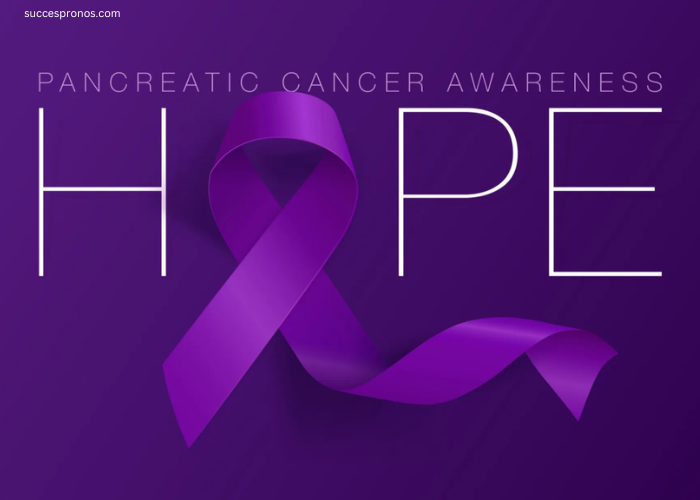
What makes pancreatic cancer one of the most challenging diseases to fight? Despite advancements in medicine, this form of cancer remains one of the deadliest, often diagnosed at an advanced stage. With limited treatment options, the need for innovative therapies and early detection methods is more critical than ever.
How can individuals make a difference in tackling such a formidable challenge? Supporting initiatives aimed at finding solutions is a powerful way to contribute. For example, a cancer research donation helps fuel cutting-edge studies, empowering researchers to uncover new treatments and save lives. Here’s how contributions create a real impact in the journey to defeat pancreatic cancer.
Advancing Early Detection Techniques
One of the biggest hurdles in managing pancreatic cancer is its late diagnosis. Early-stage symptoms often go unnoticed, making it vital to develop methods that identify the disease sooner. Contributions directly support efforts to create innovative diagnostic tools that improve survival rates. Breakthroughs in biomarker studies and imaging technology owe much to community support. By funding these initiatives, donors provide researchers with the resources to refine their techniques and enhance accuracy in detecting early warning signs.
Boosting Treatment Innovation
Developing effective treatments is vital to combating pancreatic cancer. With limited therapies available, research investment is crucial for progress. Contributions support groundbreaking ideas like personalised medicine and targeted therapies, improving outcomes by tailoring treatments to genetic profiles. Financial backing also provides access to advanced equipment and enables large-scale trials, ensuring new therapies are safe and effective.
Empowering Researchers with Resources
Behind every breakthrough is a team of dedicated scientists working tirelessly to find answers. However, their work relies heavily on access to funding, which is where community involvement becomes invaluable. Contributions provide the means for labs to operate efficiently and for researchers to collaborate globally.
The ability to attract top talent and foster partnerships accelerates discoveries. It also ensures researchers can focus on their studies without the burden of resource constraints, ultimately driving faster progress.
Educating and Supporting Patients
While treatment advancements are essential, patient education and support are equally crucial. Donations fund programs that inform individuals about symptoms, risks, and prevention, helping with early recognition and prompt medical advice. Support services, including counselling, financial aid, and clinical trial access, provide relief and guidance during challenging times.
Driving Global Collaboration
Cancer knows no borders, and neither should the fight against it. Contributions enable research institutions to collaborate internationally, combining expertise and resources to achieve common goals. Sharing data and findings across borders accelerates progress and ensures that breakthroughs benefit patients worldwide.
Global partnerships also allow researchers to learn from each other’s successes and failures, reducing duplication of efforts. By fostering a collective approach, donations amplify the impact of research and bring hope to millions. These collaborations accelerate the discovery of innovative treatments and pave the way for breakthroughs that could save countless lives.
How Your Support Translates to Impact
Every contribution, no matter the size, plays a part in advancing the fight against pancreatic cancer: Your support helps fund critical research, improve treatments, and bring hope to patients and their families. A meaningful difference can be made in the battle against this devastating disease through collective effort.
- Funding Laboratory Studies: Donations help cover costs associated with experiments and testing hypotheses.
- Supporting Clinical Trials: Financial backing allows researchers to test new treatments on a larger scale.
- Raising Awareness Campaigns: Contributions enable organisations to spread knowledge about prevention and early detection.
- Improving Patient Care: Funds are used to provide essential resources and services for those battling the disease.
A cancer research donation is more than a monetary contribution; it is a beacon of hope for patients and their families. By empowering scientists, fostering collaboration, and supporting education initiatives, contributions drive meaningful change in the fight against pancreatic cancer. Together, every step forward brings the world closer to a future free from the burden of this devastating disease.